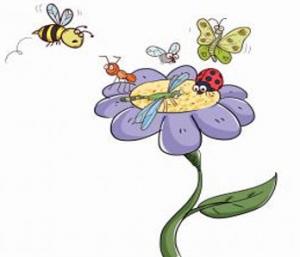
While in India it is unthinkable to see beloved elephants as a source of crop damage, their rising population in African countries is a huge problem. Elephant herds can cause substantial losses if they enter farms.
In fact, in 2008, the South African government lifted the moratorium on the culling of elephants. At the time, the environment minister, Martinus van Schalkwyk, said that culling would be considered only as a management option of the last resort...

Monkeys, wild pig and rhesus macaque are being culled in Bihar, Maharashtra and Himachal Pradesh. What is driving this culling? Is it necessary? What is at the heart of the conflict between animal and farmer?

The 'buzzy' bees are best at their pollination jobs but they are all set to face serious competition from other insects. According to a new study, insects like flies, wasps, butterflies, moths, ants, thrips and beetles are also effective pollinators of certain crops of global importance. These insects have an added advantage too—they are resistant and less sensitive to environmental changes, scientists say.

Have you ever tried trekking through treacherous terrian and tried to take short cuts to reduce the time and effort it takes to reach your destination? It turns out army ants are really good at mapping out the most efficient route for themselves.

